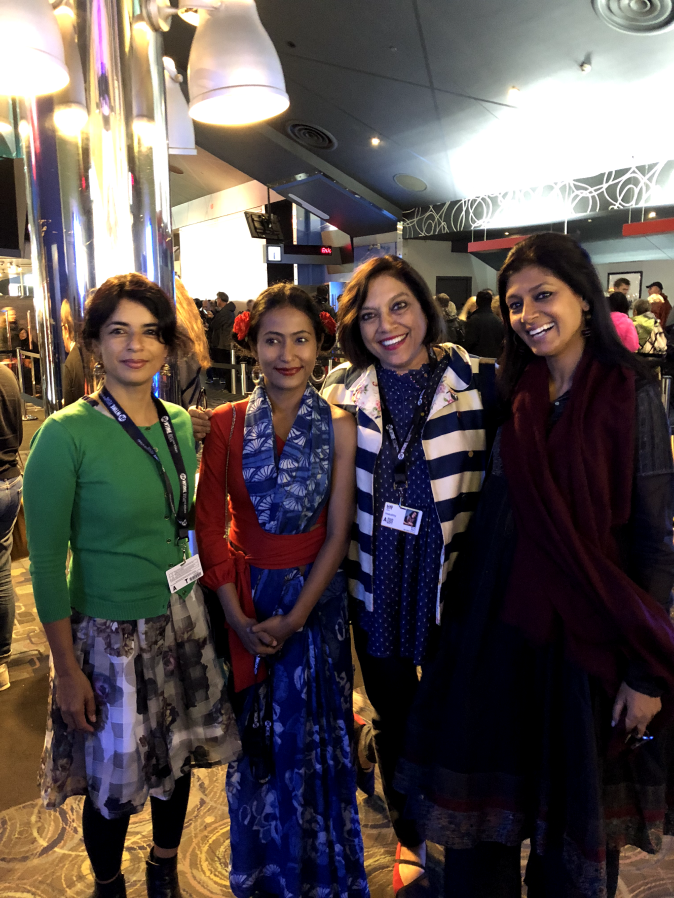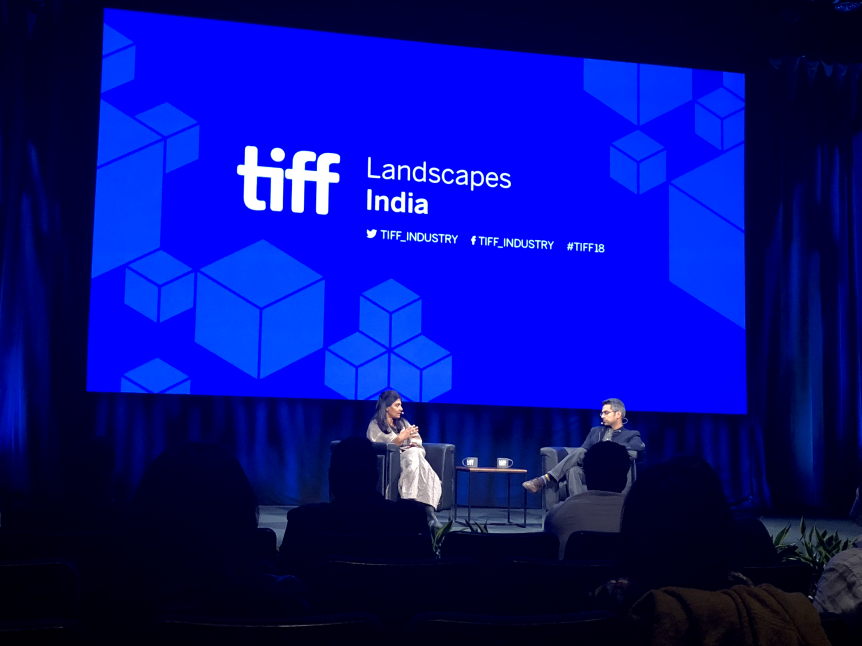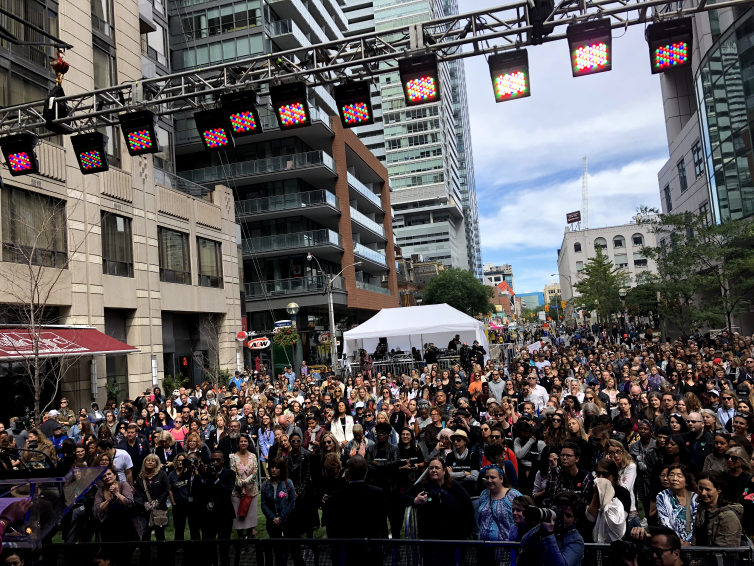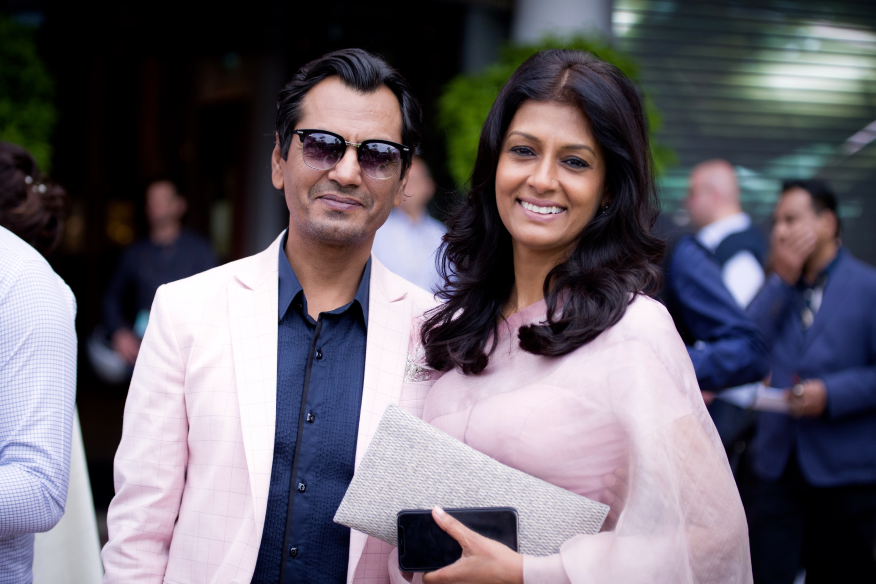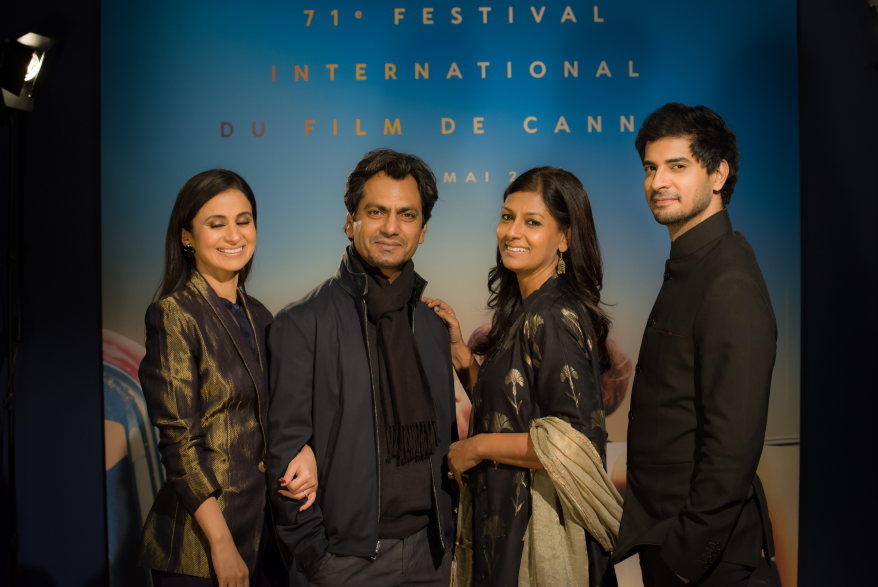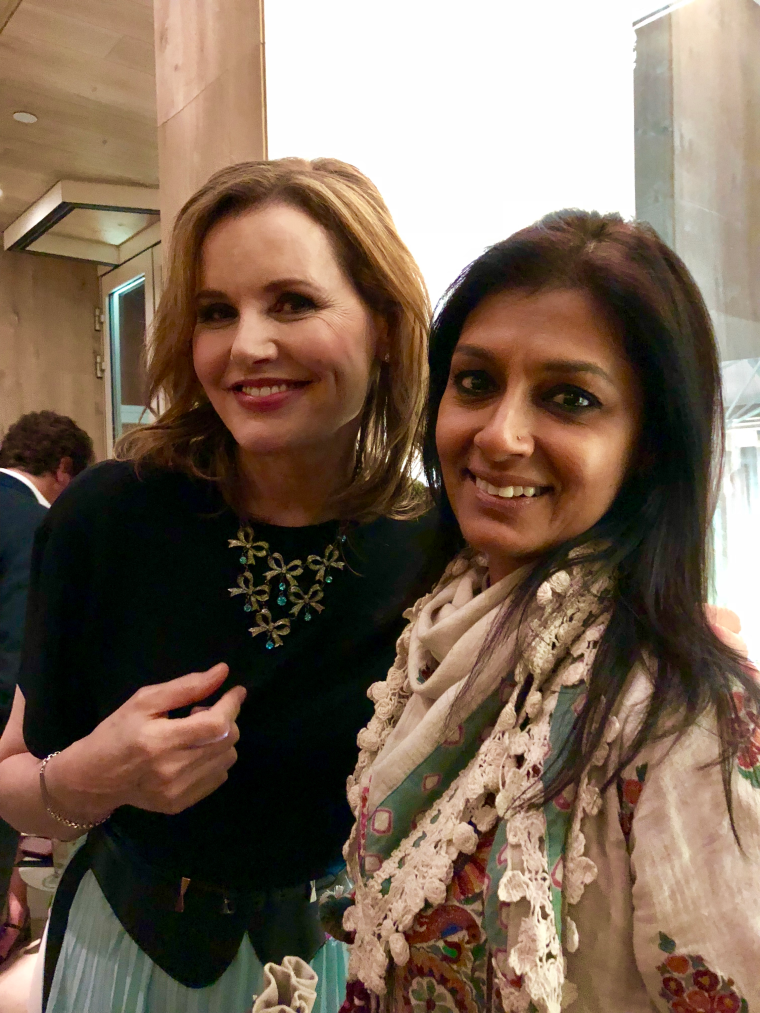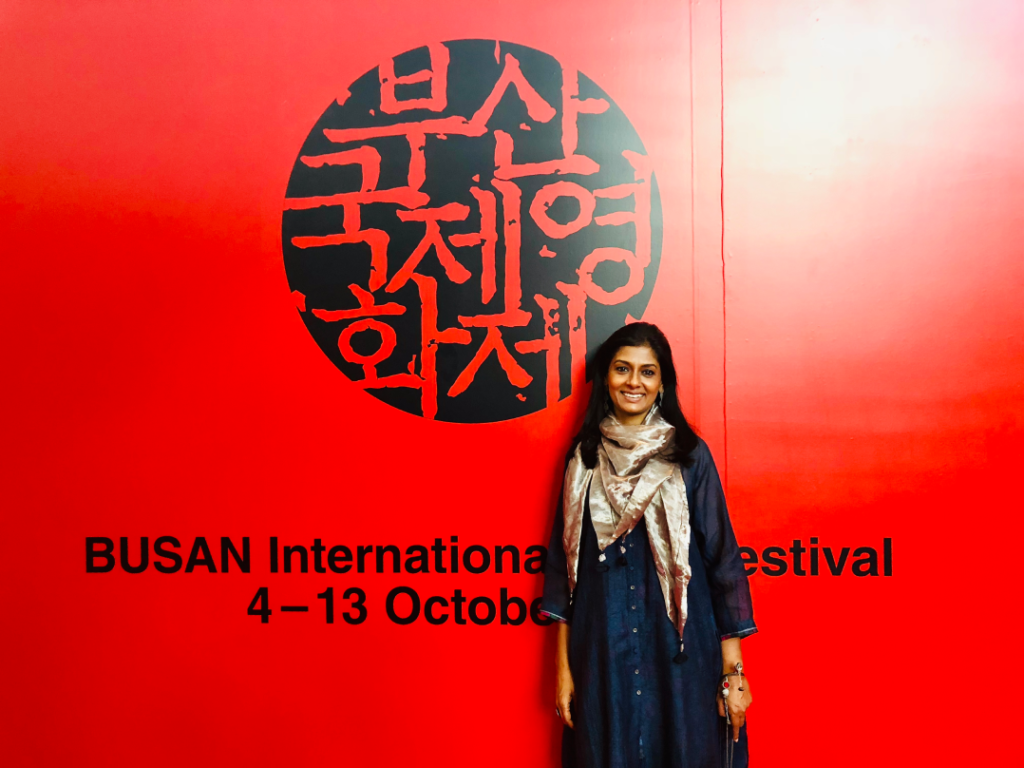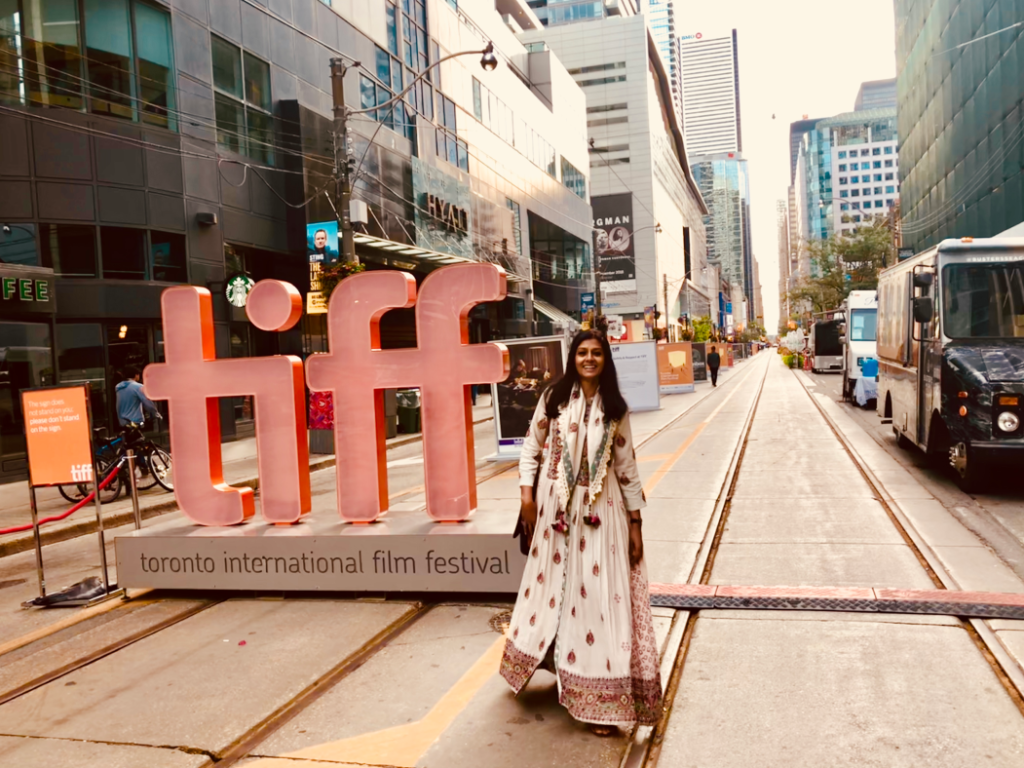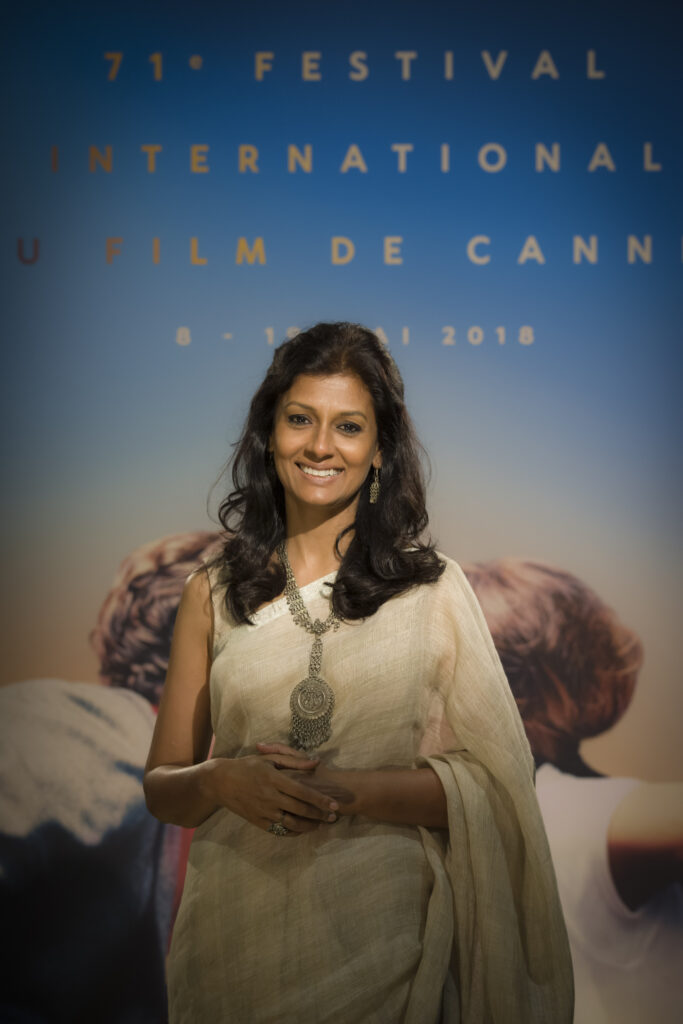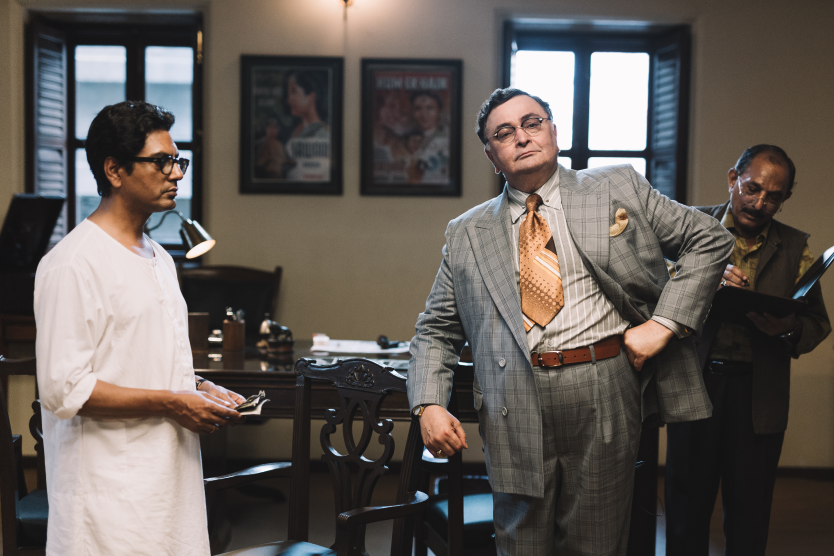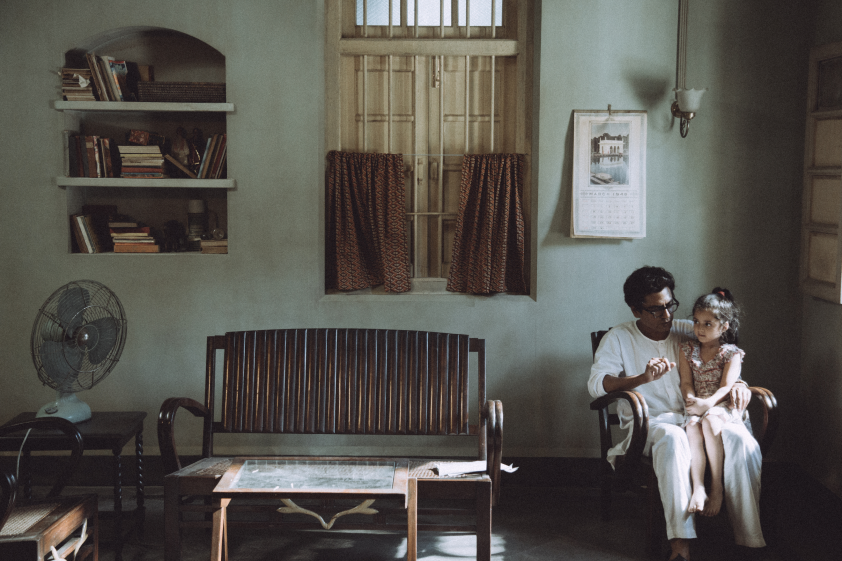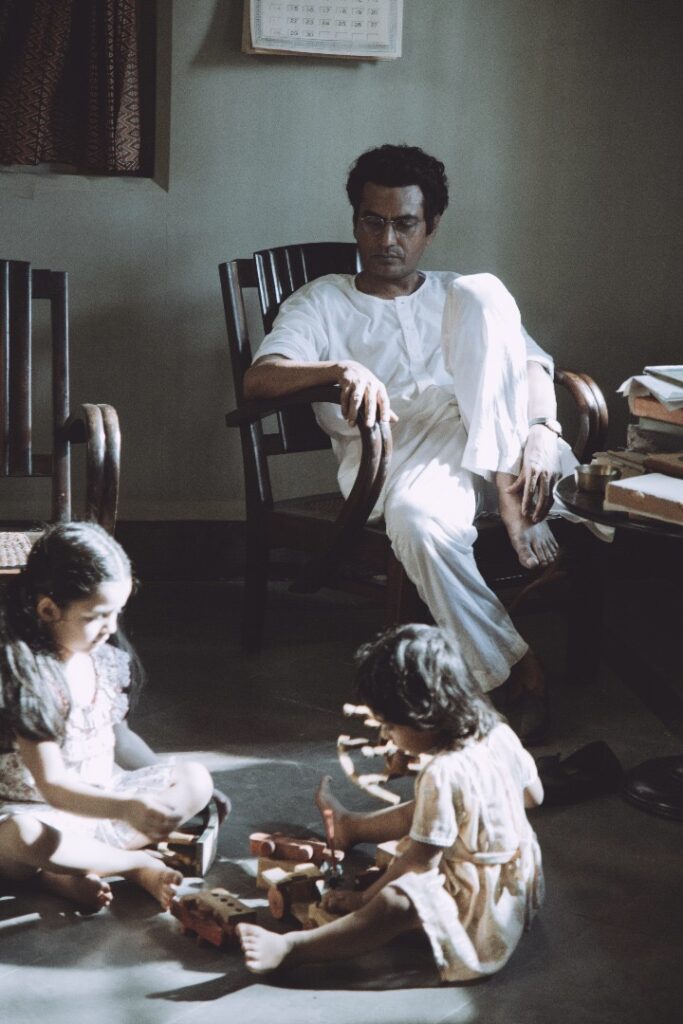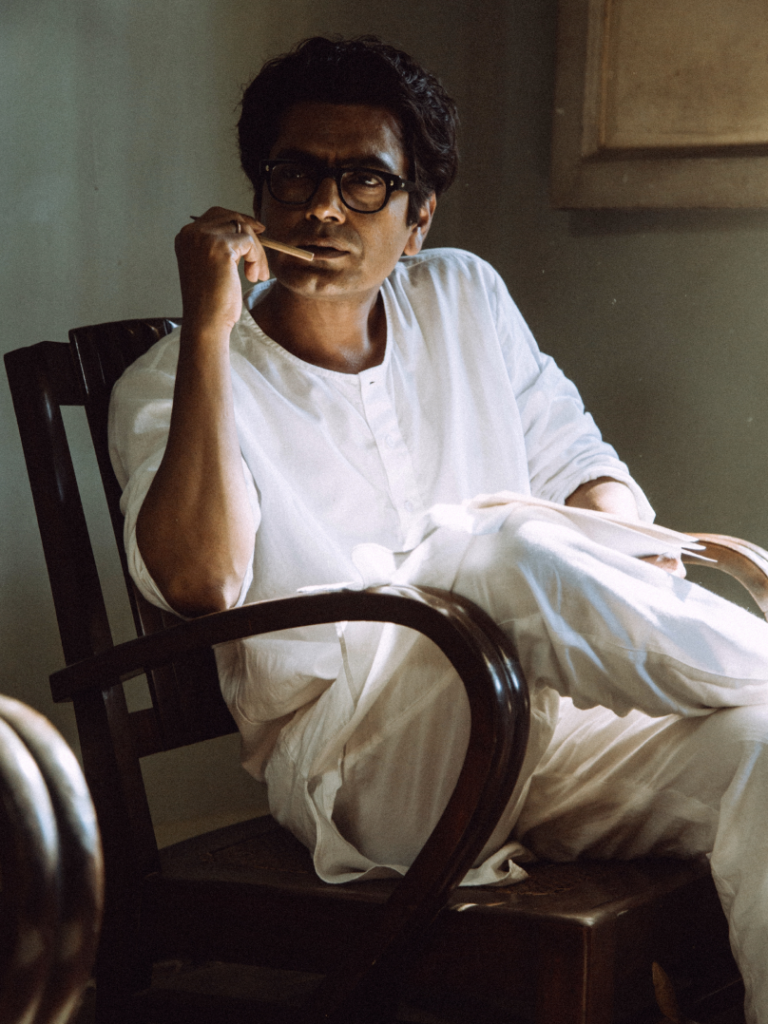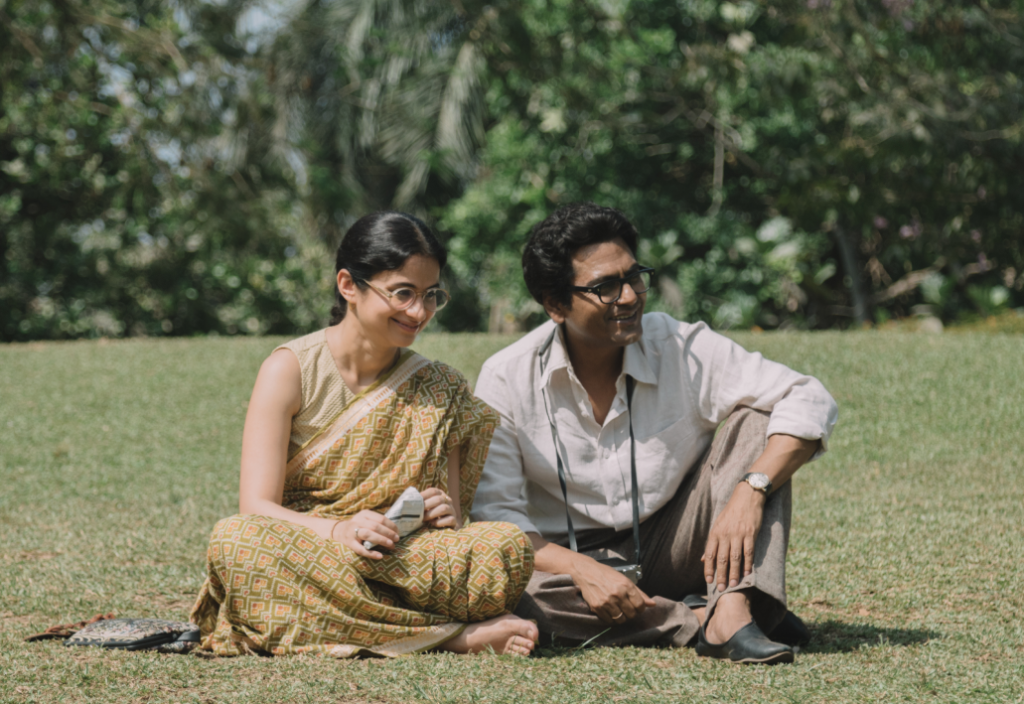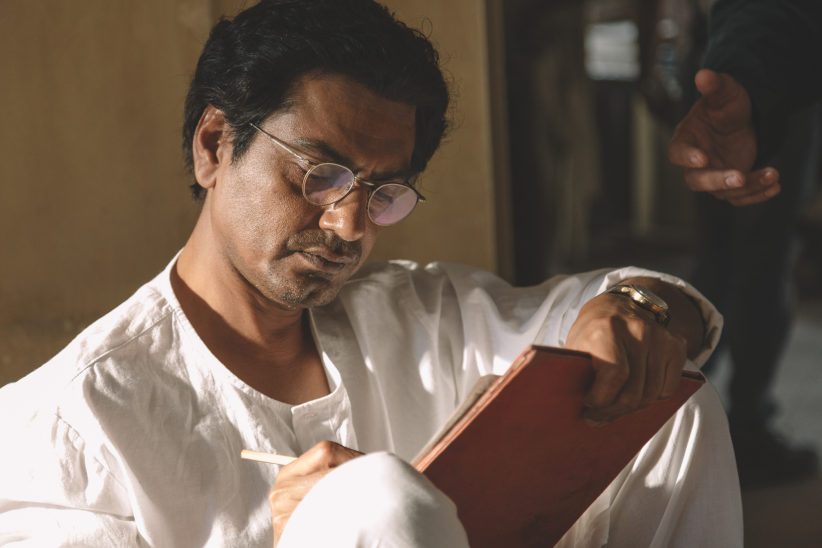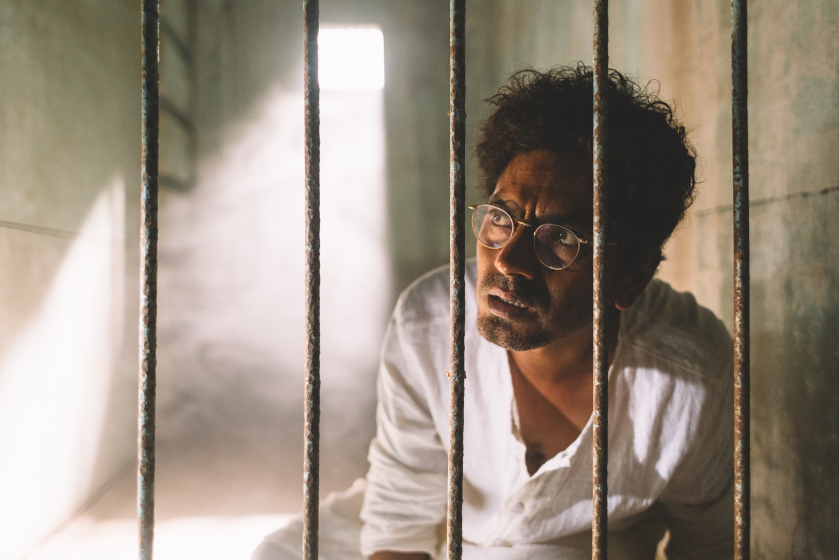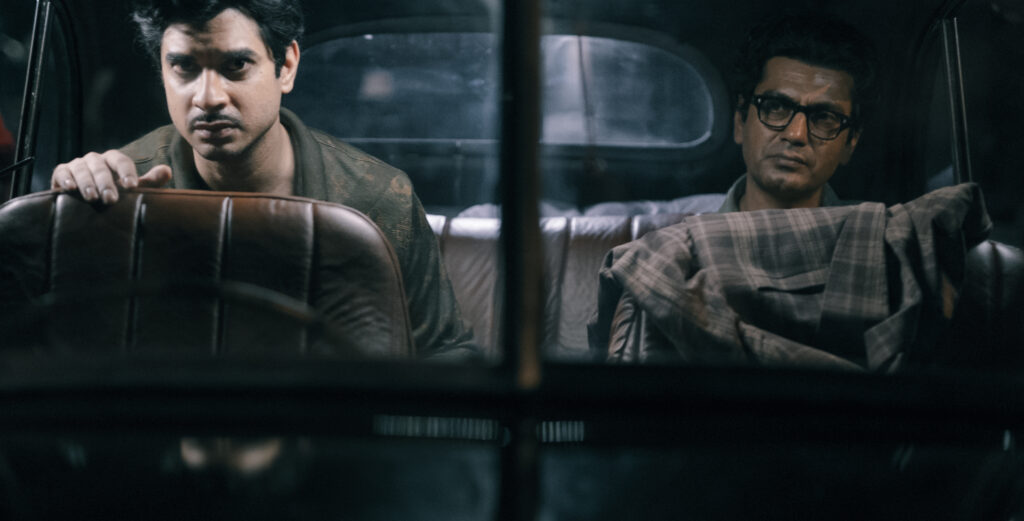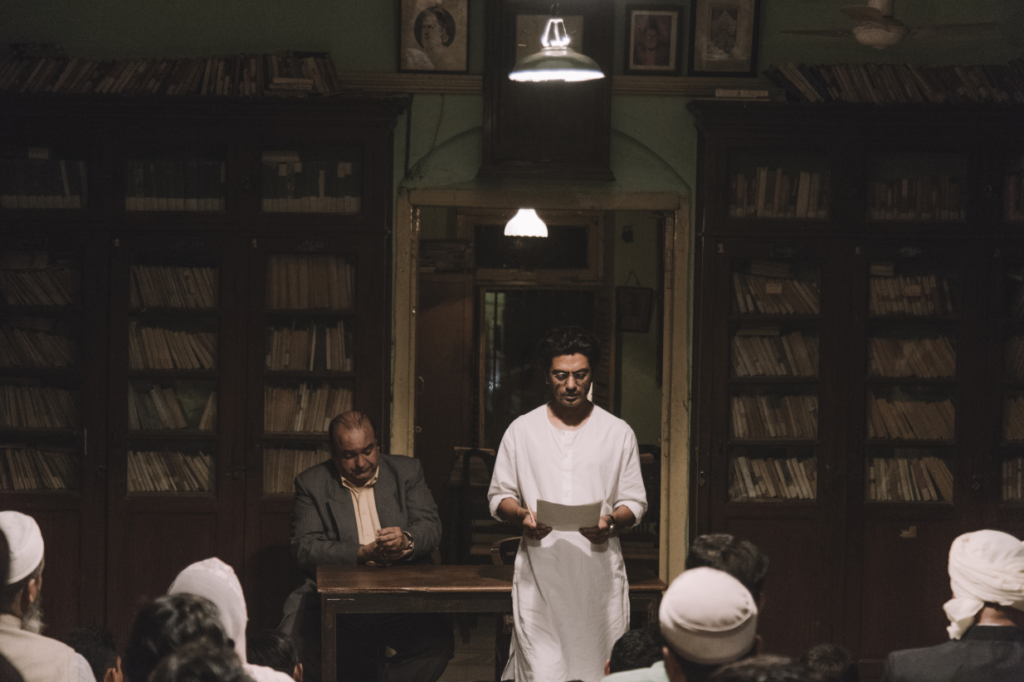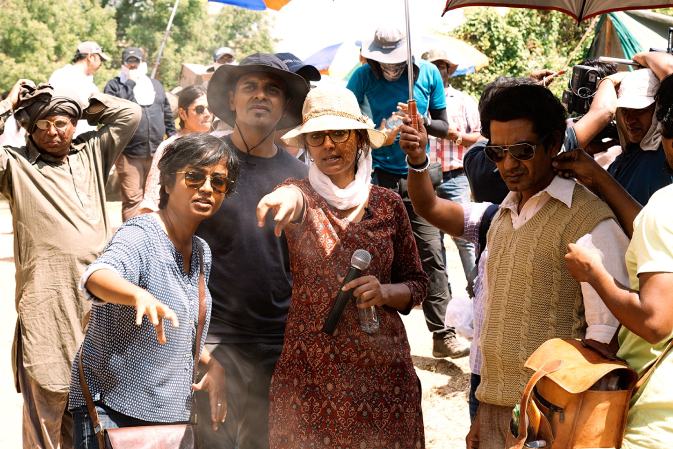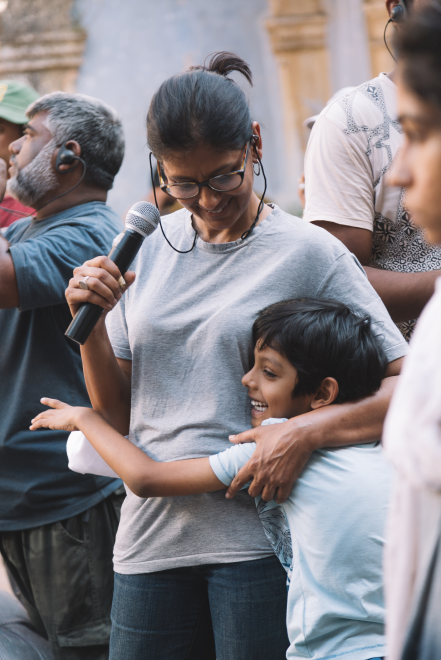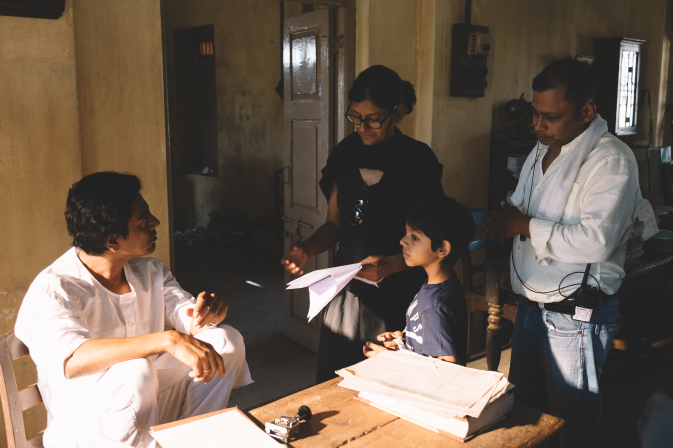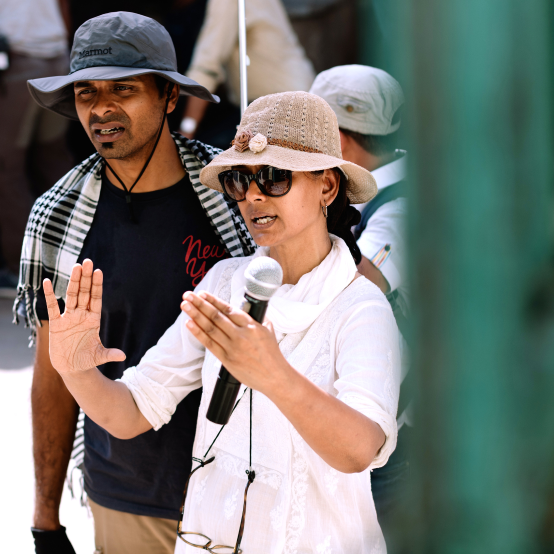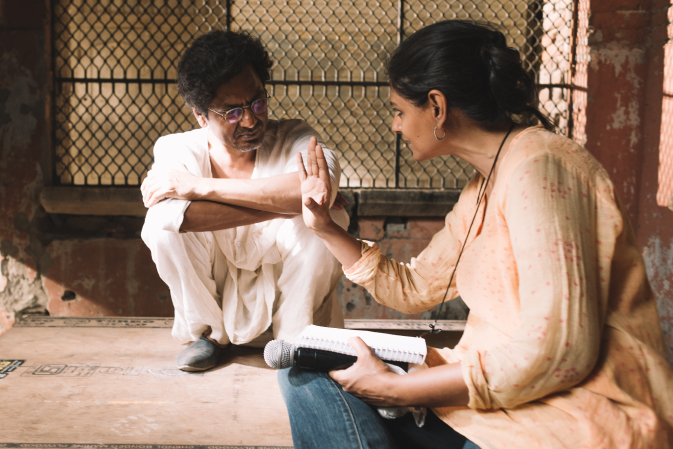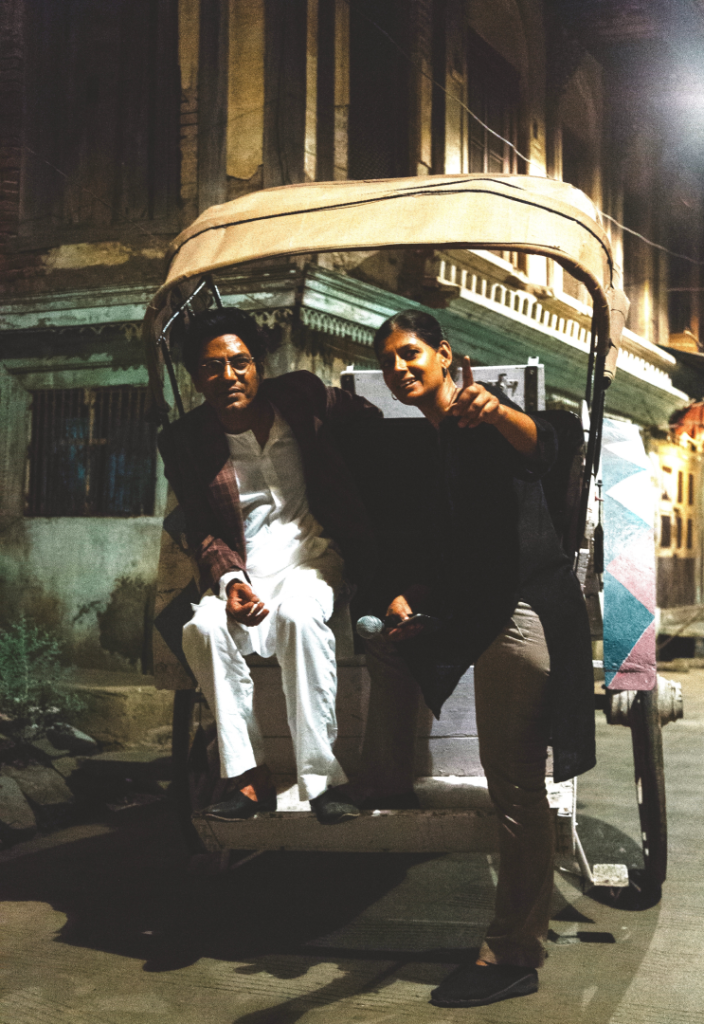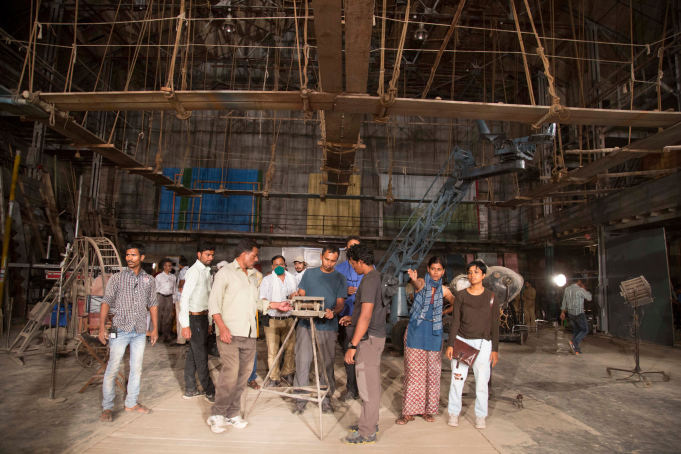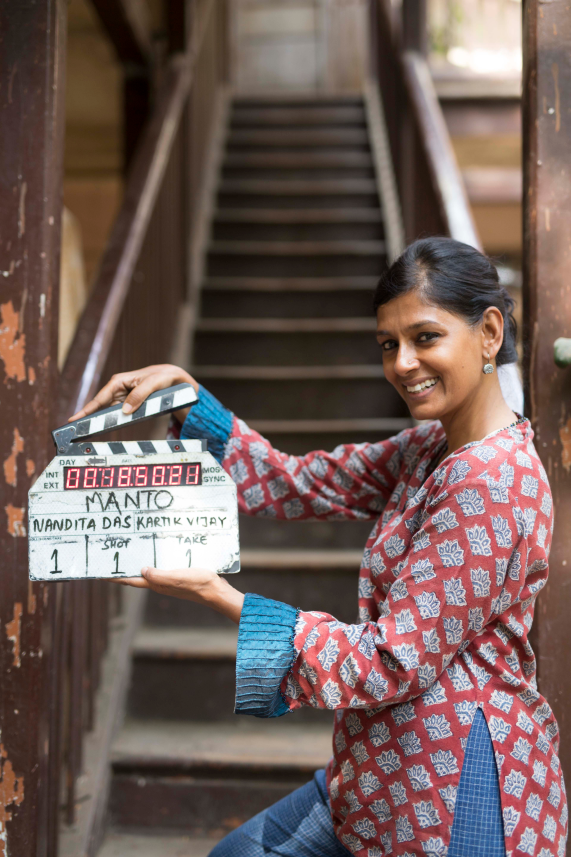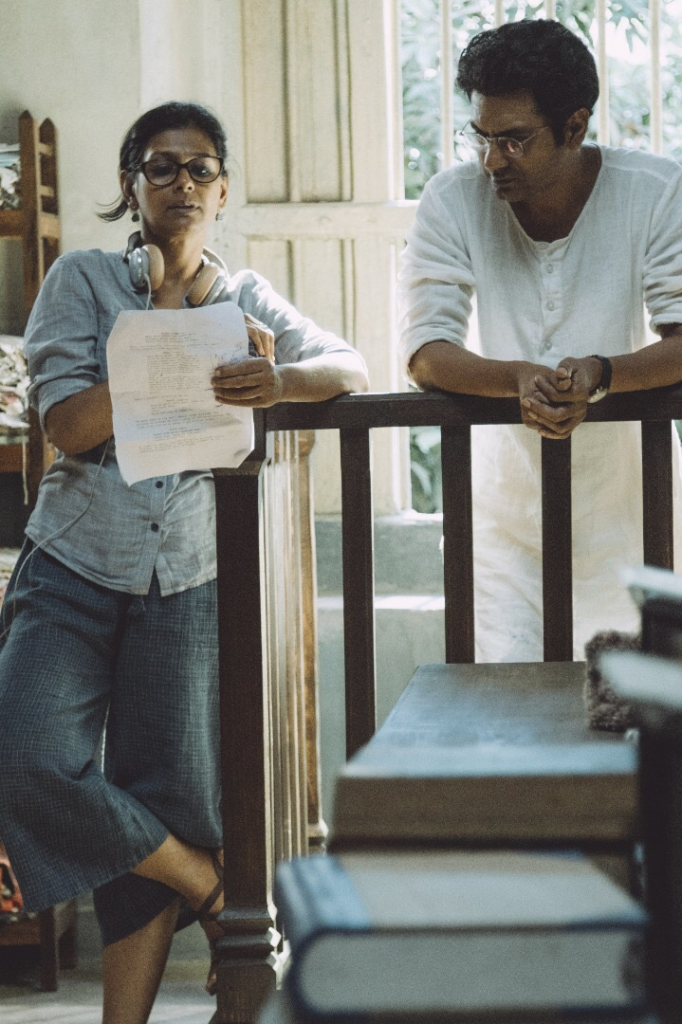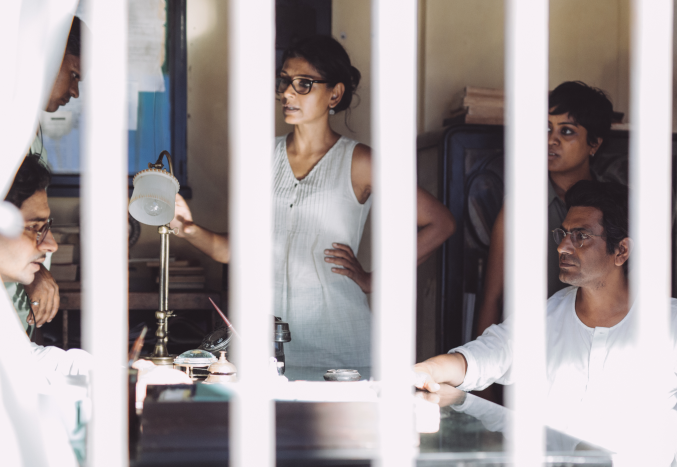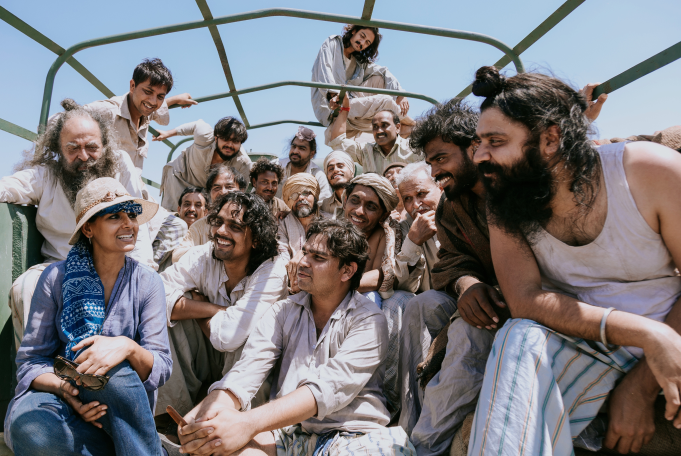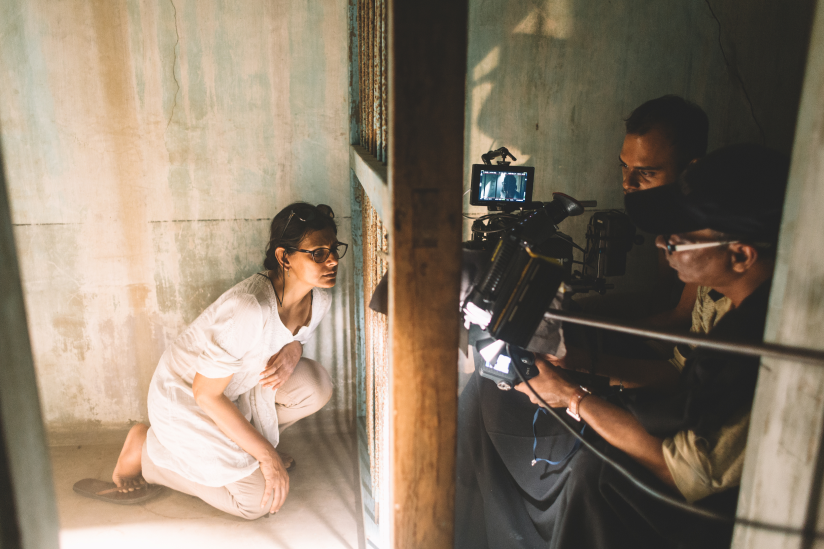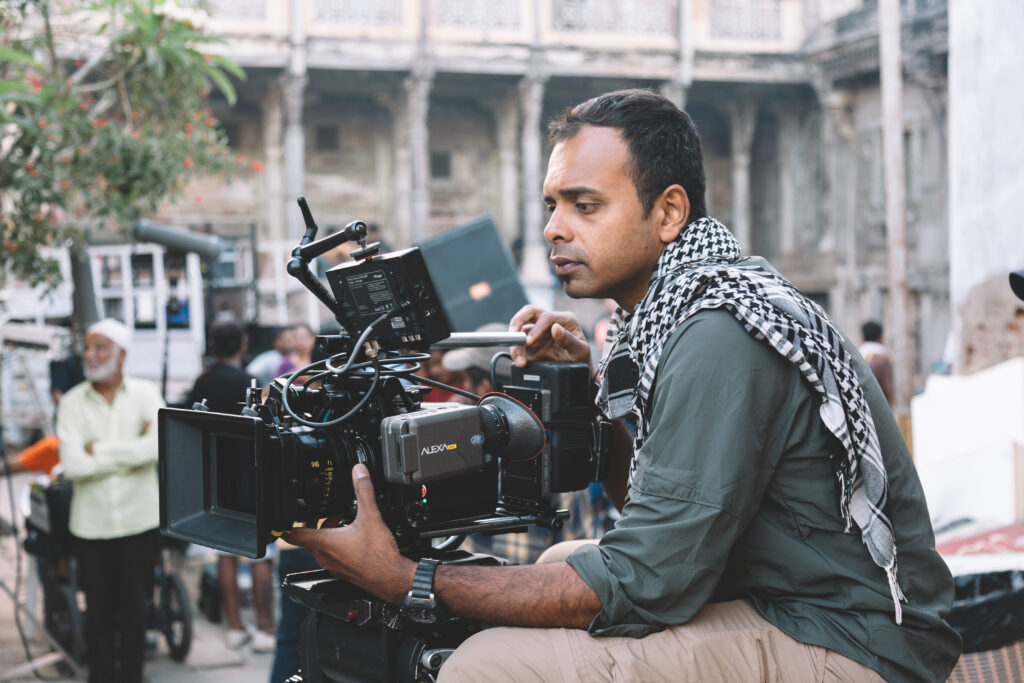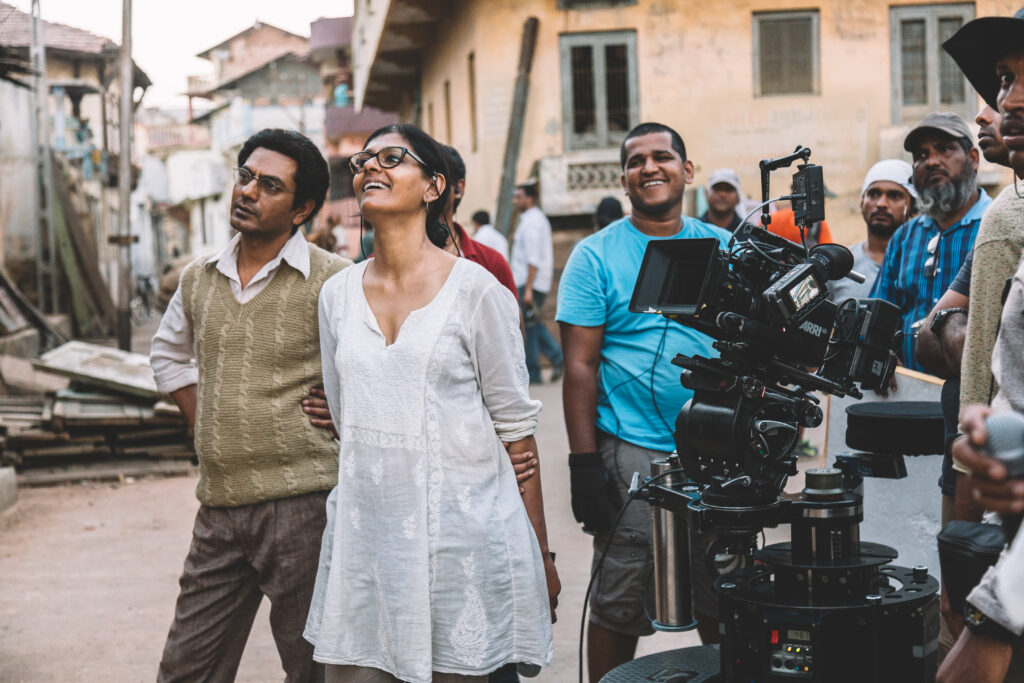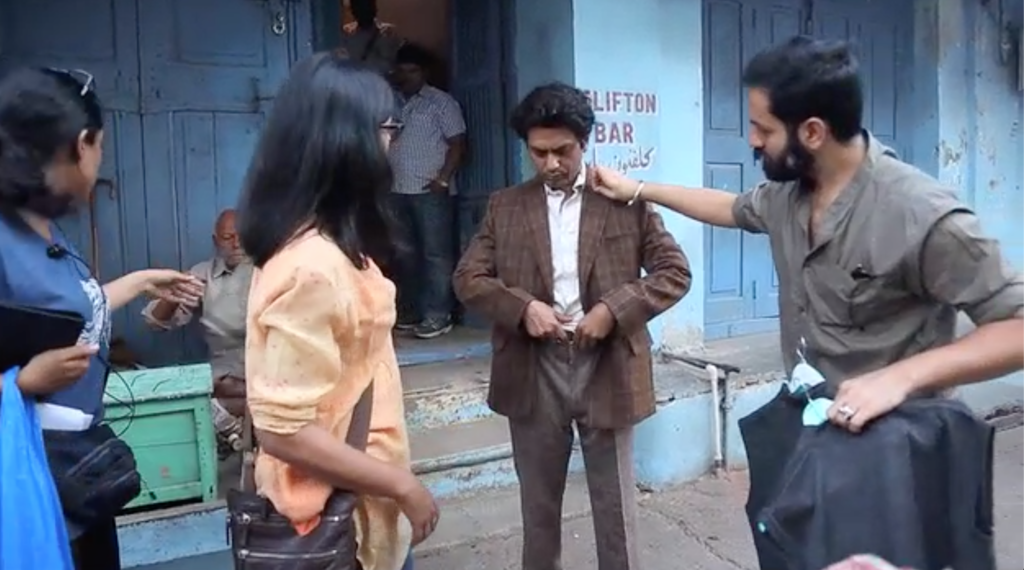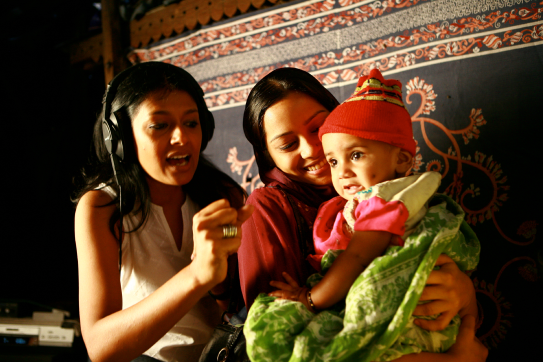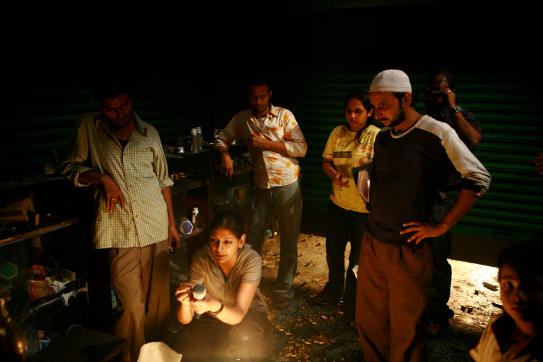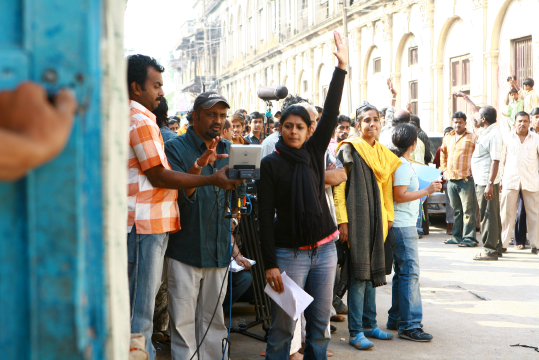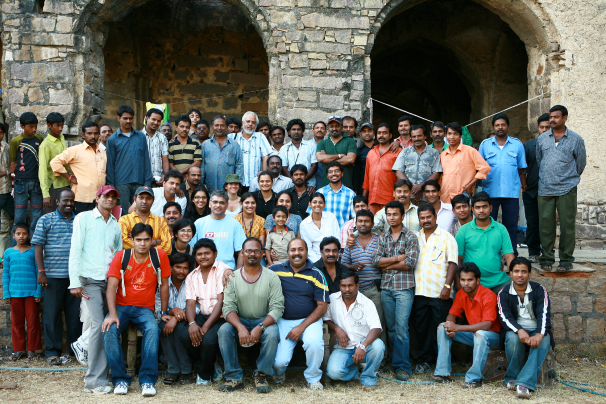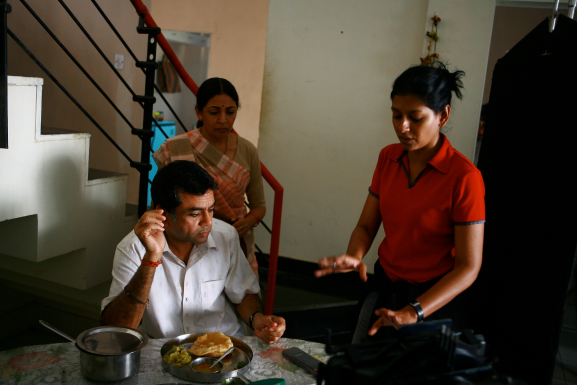Manto
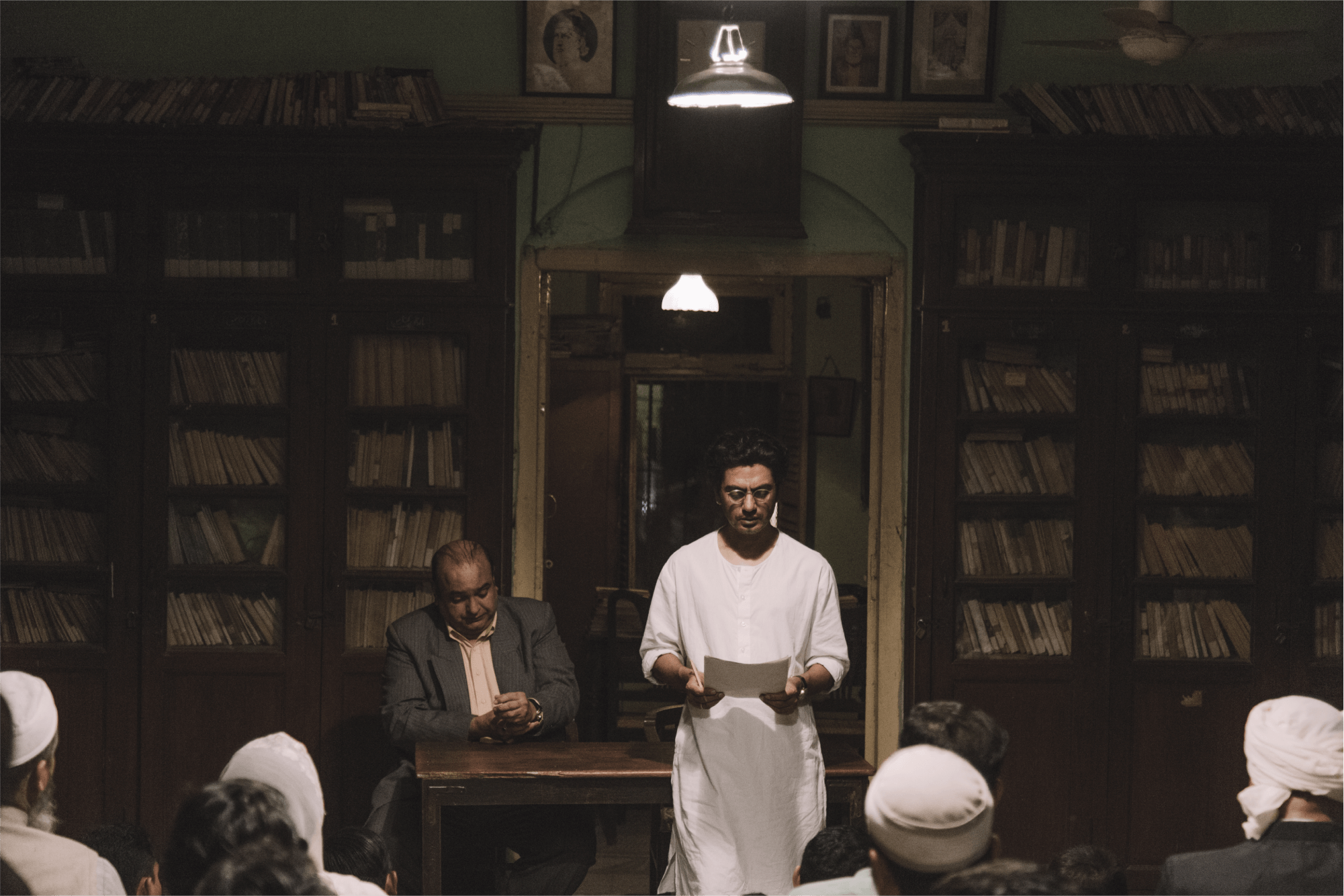
The story
Manto is based on the four most tumultuous years (1946-1950) in the life of Saadat Hasan Manto, the maverick writer. It is set during the Independence of India from the British, leading to the Partition of the country. As sectarian violence engulfs India, Manto is compelled to make the difficult choice of leaving his beloved Bombay for the newly born Pakistan, he finds himself bereft of friends, unable to get his writings published and burdened by trials for alleged obscene writing. His increasing alcoholism and anguish take a toll on his family and lead him on a downward spiral.
Through all of this, Manto continues to write prolifically, his works mirroring the harsh realities of the time. Facts and fiction overlap, blurring the line between his works and the main narrative, his life. They are inseparable. The end title simply reads: Saadat Hasan died at 42. Manto lives on.
Director’s note
I first read Manto when I was in college and was struck by his simple yet profound short stories. He wrote as he saw, as he felt, without dilution. But it was in 2012, around his centenary celebration, that I was introduced to his essays. That is when I got to know more about Manto, the person and the world he inhabited. I also began reading what others wrote about him and before I knew it, the journey of making my second film had begun.
What drew me to Manto was his free spirit and courage to stand up against orthodoxy of all kinds. As I plunged deeper into Manto’s life, I wondered why he seemed so familiar. I soon realised that it was because it made me think about my father. He is an artist, and like Manto, intuitively unconventional, a misunderstood misfit and fearlessly blunt – an idealist loner. Knowing him helped me understand Manto better.
The film is culturally and socially rooted, yet International in its cinematic sensibility. I feel fortunate that all three of Manto’s daughters and his grandniece Ayesha Jalal, an eminent historian, gave me their unconditional support and shared valuable research material. I scripted, with the help of many, an intimate retelling of the times, seen through the eyes of this intensely engaged writer, the likes of whom we have seldom seen. The spirit of Manto is the spirit of the film.

Year : 2018
Language : Hindi & Urdu
Festivals :
Premiere at Cannes Film Festival - Un Certain Regard, 2018
Asia Pacific Screen Awards - Best Performance for Male Actor, 2018
Toronto International Film Festival, 2018
Busan International Film Festival, 2018
BFI London Film Festival, 2018
Sydney Film Festival, 2018
International Film Festival of Kerala, 2018


